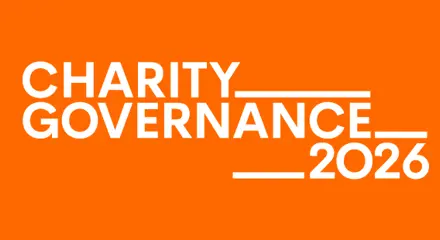

Webinar - Refreshed Charity Governance Code
On Wednesday 14 January, 12.30–13.30 (GMT), join our webinar with Radojka Miljevic, Chair of the Code’s steering group, as we explore the newly refreshed Charity Governance Code. She will share insights into how the refresh was achieved, why behaviours are now central to the framework, and how charities can use the Code to inspire new reflections on what good governance looks like in practice.
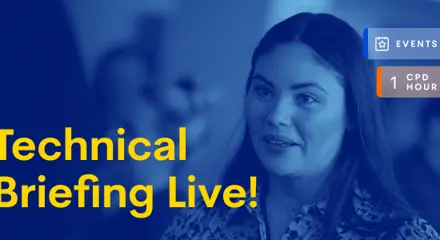
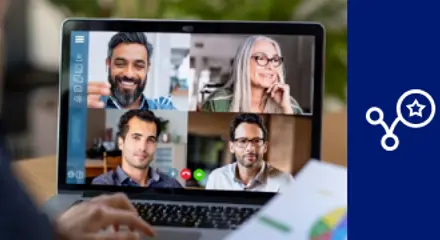
2026 Legal Horizon Scan
Legal horizon scanning 2026 Don’t be taken by surprise - start the year with a clear idea of what legal changes are coming in 2026. In this webinar DLA Piper will look at some of the key legal changes impacting businesses in the year that governance professionals should be aware of.
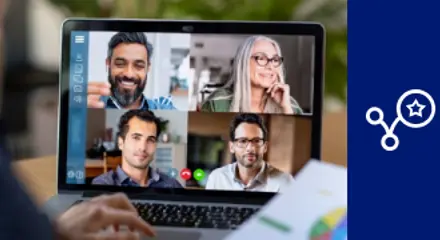
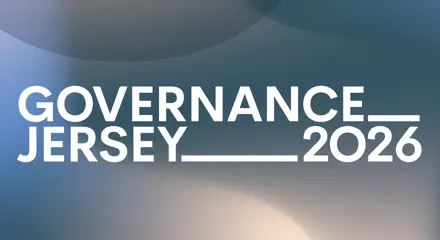
Event
Governance Jersey 2026
Following a successful 2025 Conference, Governance Jersey will be back on March 19 2026. This time at the Radisson Blu Waterfront hotel.
This is the must-attend event for governance professionals on the island, offering delegates valuable insights from expert speakers on current hot topics, along with ample networking opportunities.


